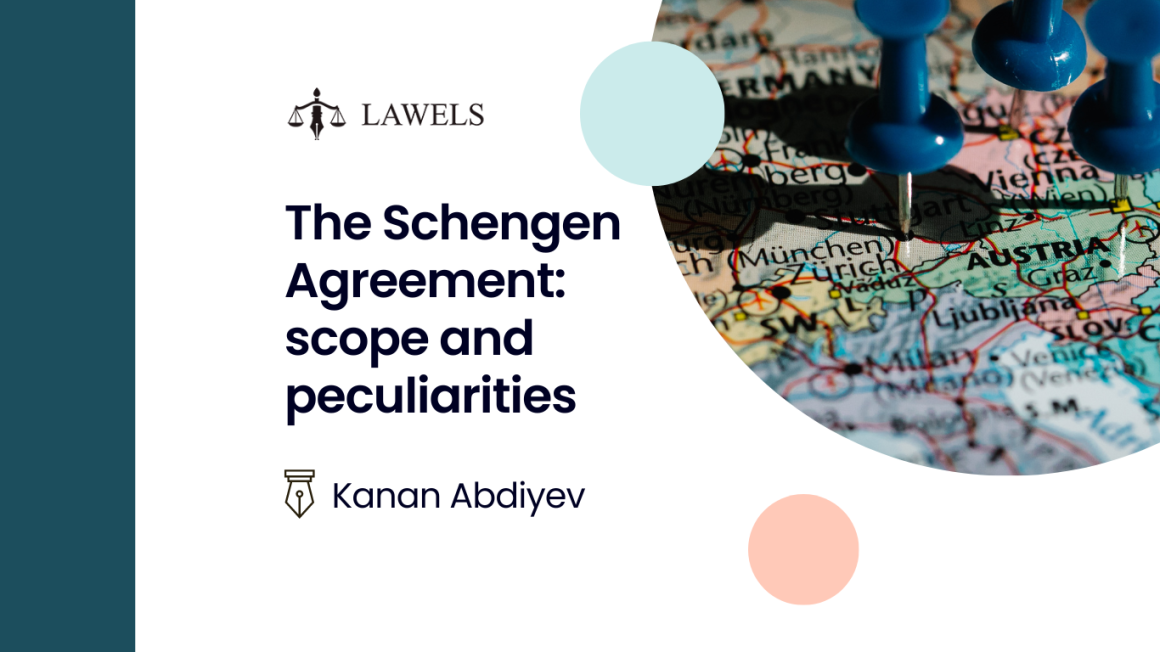The Schengen Agreement is one of the most important agreements in the European Union (EU) that allows for the free movement of people across the participating countries. It is named after the town of Schengen in Luxembourg, where the agreement was signed in 1985. The agreement was initially signed by five EU countries, namely, Belgium, France, Germany, Luxembourg, and the Netherlands, and has since then been expanded to include 26 countries.
The main objective of the Schengen Agreement is to eliminate the internal borders between the participating countries and to allow the free movement of people and goods within the Schengen Area. This has been achieved by establishing a common external border, harmonizing visa policies, and facilitating cross-border police cooperation. The Schengen Agreement has been instrumental in promoting economic growth, enhancing cultural exchange, and strengthening political cooperation within the EU.
One of the most important peculiarities of the Schengen Agreement is the Schengen Visa. This visa allows travellers to enter and stay in any of the Schengen Area countries for up to 90 days within a six-month period. This visa can be obtained from any of the Schengen Area countries, and once obtained, it allows for travel within the entire Schengen Area. The Schengen Visa has made it easier for people to travel within the EU and has facilitated tourism, business travel, and cultural exchange.
Another key peculiarity of the Schengen Agreement is the Schengen Information System (SIS). This system is a shared database that contains information on wanted or missing persons, stolen vehicles, and lost or stolen identity documents. The SIS allows police forces and border control authorities to exchange information and coordinate their efforts in identifying and apprehending criminals who may be crossing the Schengen borders. This has greatly improved the security situation within the Schengen Area and has made it easier for law enforcement agencies to work together.
On 7 March 2023, the upgraded Schengen Information System (SIS) entered into operation. The renewed SIS is being enhanced to include new categories of alerts, biometrics such as palm prints, fingermarks, and DNA records for missing persons, and additional tools to combat crime and terrorism. The upgrade is important as it will also allow for preventive alerts to protect vulnerable persons and deter irregular migration. These upgrades aim to provide national authorities with more complete and reliable information to enhance security and border management in Europe.
Despite the many benefits of the Schengen Agreement, there have been some challenges and concerns. One of the biggest challenges has been the issue of illegal immigration. The elimination of internal borders has made it easier for people to enter the Schengen Area illegally, and this has led to increased pressure on the external borders of the EU. The EU has responded to this by increasing border controls and by implementing measures to combat illegal immigration.
Another concern has been the threat of terrorism. The Schengen Area has been a target of several terrorist attacks in recent years, and this has raised concerns about the security situation within the EU. The EU has responded to this by strengthening its counterterrorism measures and by improving cooperation between law enforcement agencies.
In addition to these challenges, the COVID-19 pandemic has had a significant impact on the Schengen Area. In order to prevent the spread of the virus, many Schengen Area countries have implemented temporary border controls and travel restrictions. This has disrupted the free movement of people and goods within the Schengen Area and has had a significant economic impact.
Despite these challenges, the Schengen Agreement remains an important part of the EU. It has been a key factor in promoting economic growth, cultural exchange, and political cooperation, and it has facilitated travel and tourism within the EU. The EU is committed to addressing the challenges and concerns associated with the Schengen Agreement and to ensure that it continues to serve the best interests of its citizens.
In conclusion, the Schengen Agreement is an important agreement that has had a significant impact on the EU. It has allowed for the free movement of people and goods within the Schengen Area, and it has promoted economic growth, cultural exchange, and political cooperation.
Sources:
1. European Commission – Schengen Area: https://ec.europa.eu/home-affairs/what-we-do/policies/borders-and-visas/schengen_en
2. European Union – Schengen Area: https://europa.eu/european-union/topics/schengen-area_en
3. Council of the European Union – Schengen Area: https://www.consilium.europa.eu/en/policies/schengen-area/
4. European Parliament – The Schengen area and cooperation: https://www.europarl.europa.eu/factsheets/en/sheet/17/the-schengen-area-and-cooperation
5. European Council on Foreign Relations – The Schengen Agreement: A Beginner’s Guide: https://ecfr.eu/article/commentary_the_schengen_agreement_a_beginners_guide/
The articles on the LAWELS platform are not, nor are they intended to be legal advice. You should consult a lawyer for individual advice or assessment regarding your situation. The article only reflects the views of the author.


